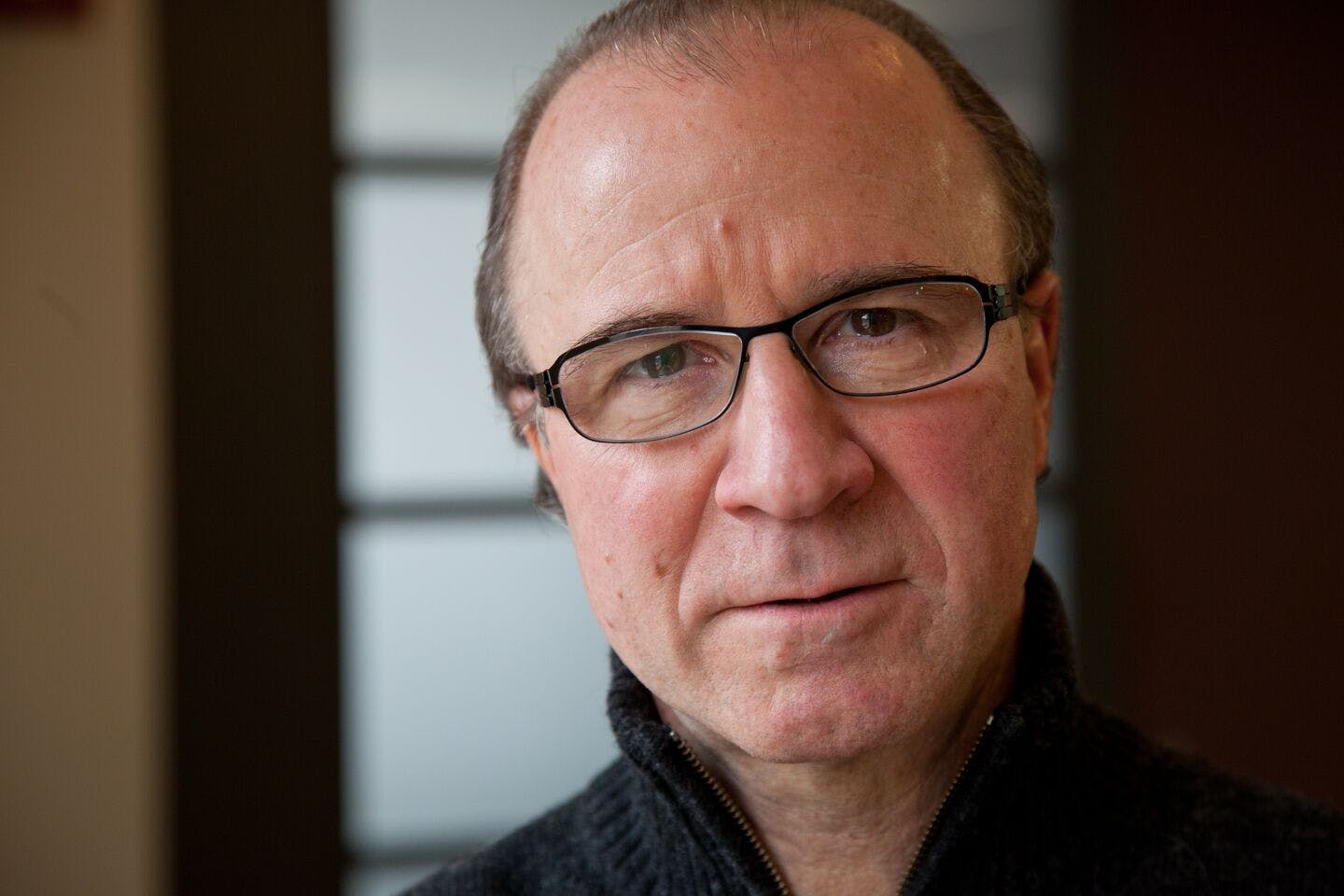
From 2018 to 2020, John Clinton served as interim dean of the Milano School of Policy, Management, and Environment, where he was the founding chair (2010) of the graduate program in Environmental Policy and Sustainability Management (EPSM) and an associate professor. An elected member of the New School University Faculty Senate, he chaired its Academic Policy Committee and the senate's Task Force on Sustainable and Socially Responsible Design and Construction, focused on the award-winning LEED Gold–certified University Center on Fifth Avenue, which was designed by Skidmore, Owings, and Merrill.
From 2021 to 2023, Clinton was a member of the core faculty team developing a proposed New School–City University of New York (CUNY) New York Coastal Climate Center (NYC3), comprising additional partner universities, research institutions, design firms, and community organizations. The center was selected as one of three finalists in a global competition to establish a Center for Climate Solutions on Governors Island with collaboration from faculty at the Massachusetts Institute of Technology (MIT).
In summer 2020 and spring 2021, Clinton and Schools of Public Engagement Executive Dean Mary Watson developed and led a university-wide course titled New York City Colloquium: Remaking NYC, an investigation of the city’s process of recovery and reevaluation in the wake of the COVID-19 pandemic. The course examined long-standing social, political, and economic problems facing New Yorkers that were exacerbated by the pandemic. Its two iterations featured contributions by more than three dozen faculty members and 250 students discussing ways New York could be made a more equitable, sustainable, and livable place. In fall 2021, Clinton served as a commentator in the Epidemic Urbanism Initiative (EUI) Design Competition. Made up of 1,700 members from more than 90 countries, the EUI project engaged students and faculty, especially in vulnerable and underserved communities, in an international conversation on the role of the built environment in the post-COVID age.
Clinton was co-lead faculty for The New School's finalist entry in the U.S. Department of Energy's Solar Decathlon—an international competition challenging participants to design and build a highly energy-efficient model house—in which The New School won in the inaugural Affordability category. Through partnerships with a range of community organizations and government agencies, the model house became a neighborhood home in Washington, DC—the site of the competition—and won the DC Mayor's Sustainability Award.
Clinton has also served as the chair of the New School undergraduate Environmental Studies program and as the special advisor to the provost, helped establish the New York City Sustainability in Higher Education Working Group, and founded "Leveraging" We Are Still In, a national network of university–community climate partnerships.
Previously Clinton served as a corporation senior consultant on social responsibility at MetLife; the senior vice president of the research, education, and social service NGO Lighthouse International; and an administrator at New York University, Fordham University, and Hartwick College. He has been a consultant and advisor to foundations and nonprofit organizations—including the Ford and Robert Wood Johnson Foundations and the World Health Organization Global Program on AIDS—and to corporations including the 1 Hotel organization, to which he offered sustainability advising during planning for its waterfront hotel beside Brooklyn Bridge Park. He also served as vice chairman of the Contributions Advisory Group, a network of major corporate philanthropic programs, and as a member of the steering committee of the National Interprofessional Education and Training Network, an organization of some 200 graduate and professional schools seeking to integrate community collaboration and interdisciplinary education. He previously taught at NYU and at Long Island University.
A Steffey Fund Fellow in American History, Clinton received a BA from The University of Michigan (magna cum laude; high honors in history), a master’s degree from Northwestern University's School of Education and Social Policy, and a PhD focused on education and social policy from Fordham University. His research centers on interprofessional and community collaboration in addressing multiple issues, and he has published in such diverse journals as New Technology in Human Services, Religion and Education, and Health Affairs.